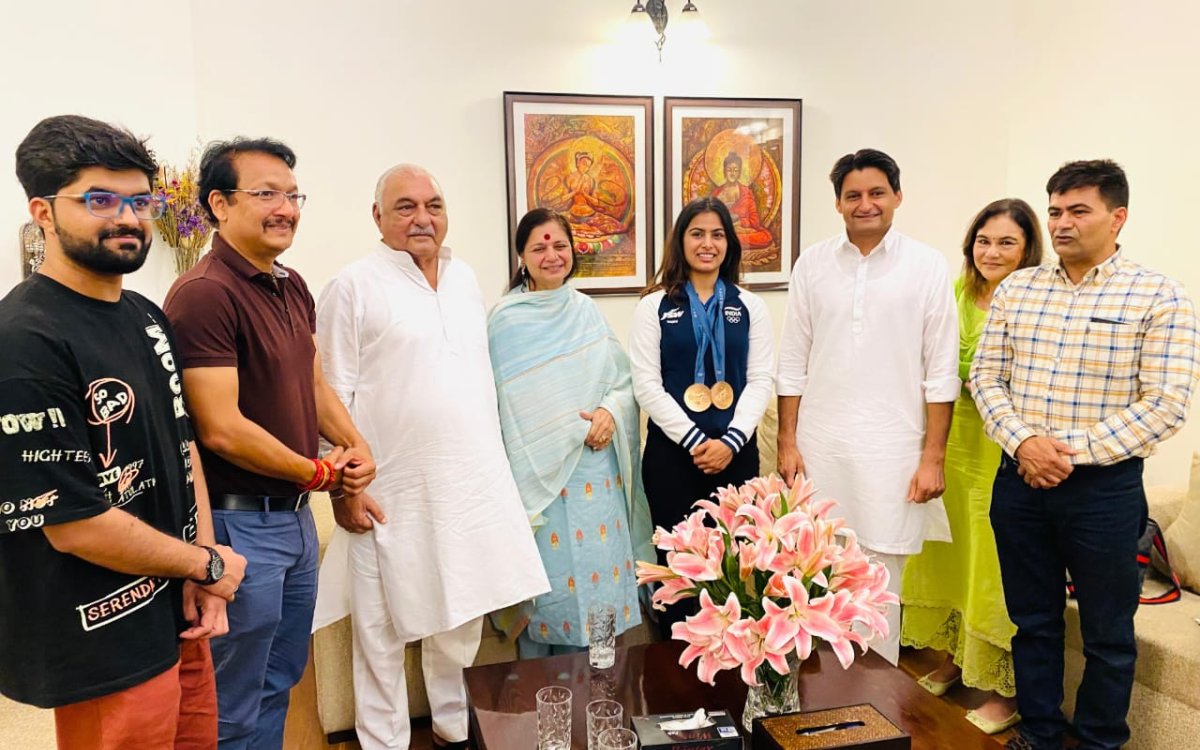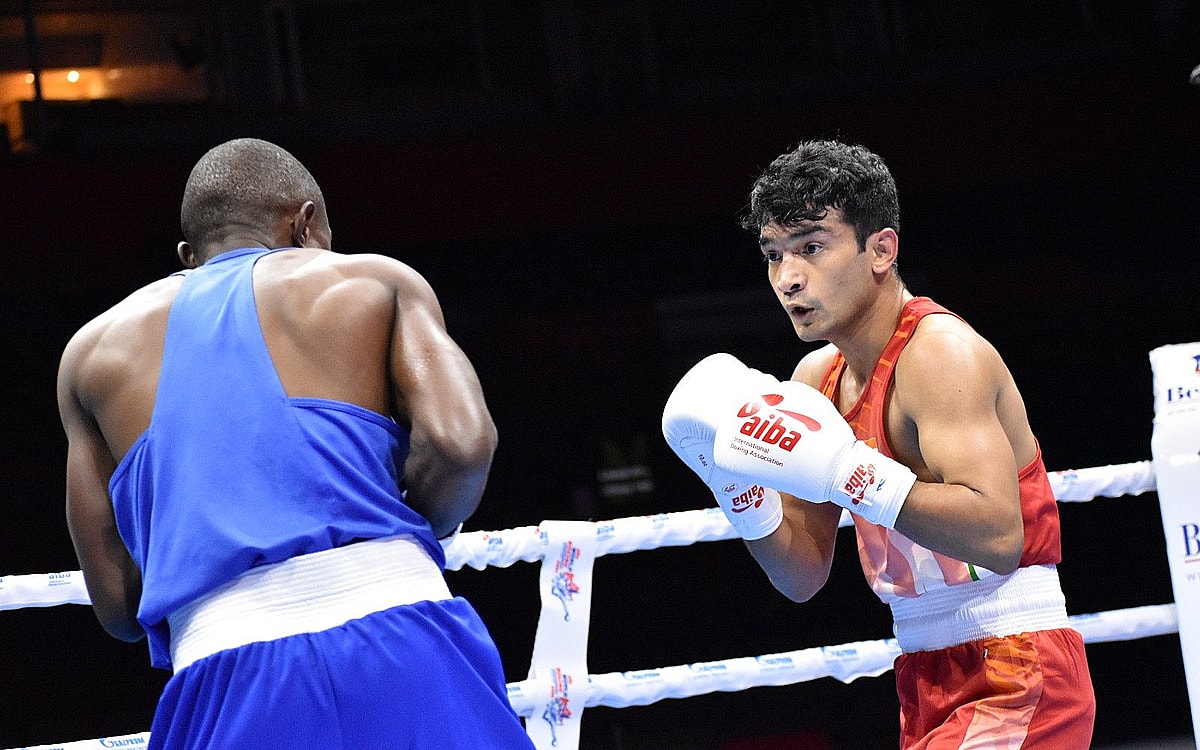Paris Olympics: Abhinav Bindra, India’s lone Olympics gold medallist in shooting, said he would have liked to see Indian shooters winning more medals at the 2024 Paris Olympics, converting more close affairs to medals. He added that it was a campaign that the contingent should be proud of.After clinching no medals in the Rio and Tokyo Olympics, India won three medals in shooting at Paris, with Manu Bhaker winning a bronze medal in women’s 10m Air Pistol and clinching another medal of the same colour through the mixed 10m Air Pistol shooting event alongside Sarabjot Singh.
Swapnil Kusale finished third in the final of the men’s 50m rifle 3 positions event and got India another bronze medal in the mega quadrennial event.
“The whole country should be very proud of our shooting athletes, and all other athletes in general, who have performed at a high level. There have been misses, but everyone’s fought well.”
“Outcomes are important, but more than that, it’s about seeing how you’ve improved as a nation in terms of performance. If you look at those elements, we’ve performed better than before. We’d like to see more conversions to medals, but I think we have a lot to be proud of, winning three medals in shooting at Paris 2024,” Bindra told JioCinema.
Through her twin podium finishes Manu became the first athlete from Independent India to win two medals in a single edition of the Olympics. She also became just the second Indian female athlete to bag multiple Olympic medals after badminton player P.V. Sindhu.
“It was a fantastic Olympics for her, she’s made the country proud. She’s taught everyone about resilience, how to sail well and bounce back from disappointment. It’s been fantastic to watch.”
“The greatest moment of the Olympics for me was when she finished qualification on day one, I saw a picture of hers and she didn’t have a smile on her face. That told me she was going to do well. I’m extremely proud of her. She has a bright future ahead. She’s 22, hungry, wants to go on, and I’m sure come LA, she’ll do even better,” added Bindra.
Manu signed off from Paris by finishing fourth in the 25m pistol event and missed out on a third bronze medal by a whisker.
Bindra also talked about her and Arjun Babuta’s fourth-place finishes in their respective events. “Her hunger is shining through. Winning two medals is not a bad thing, we should be happy. I felt bad for Arjun Babuta, who also finished fourth. We should talk about him as he had a strong performance.”
“I spoke to him before and after the event, he was disappointed, but he was already looking ahead. He’ll need a little bit of time to come to terms with a fourth-place finish, but that’s life, that’s what sports is all about. The difference between the champions and others is resilience, to keep overcoming challenges, and disappointment, and learn how to fail well.”
Bindra remarked he wasn’t surprised with Kusale’s bronze medal in an event where India hadn’t medalled previously.
“I had the opportunity to meet him before the event and he was extremely focused. He was very strategic in his preparation. A lot of athletes made the long trip from Chateauroux to Paris for the opening ceremony, but Swapnil decided not to.”
“He seemed to be a very self-aware athlete, he knew where his body and mind were. He didn’t want to let go of energy, something he needed for competition. Sometimes, that’s the difference between coming back with a medal or not.”
Bindra signed off by praising Manu for patching up with her personal coach Jaspal Rana, which proved to be pivotal in her tasting success at the Paris Olympics.
“Talking about Jaspal (Rana), he was my hero when I started shooting after I saw him compete at the 1996 Olympics in Atlanta. He’s a treasure trove of knowledge, a hard taskmaster, and I think that’s a good thing.”
“I had coaches I loved and ones I severely disliked but found a way to work with them. Sometimes, appreciating a different point of view from people who take you out of your comfort zone is valuable. I credit Manu for having patched up with Jaspal after a difficult couple of years, which is normal in a coach-athlete relationship.”
“Athletes are sensitive people and when we’re under pressure, that sensitivity heightens. Credit to both of them for having forged this relationship back and the results are here for everybody to see.”
“I had coaches I loved and ones I severely disliked but found a way to work with them. Sometimes, appreciating a different point of view from people who take you out of your comfort zone is valuable. I credit Manu for having patched up with Jaspal after a difficult couple of years, which is normal in a coach-athlete relationship.”
Article Source: IANS


